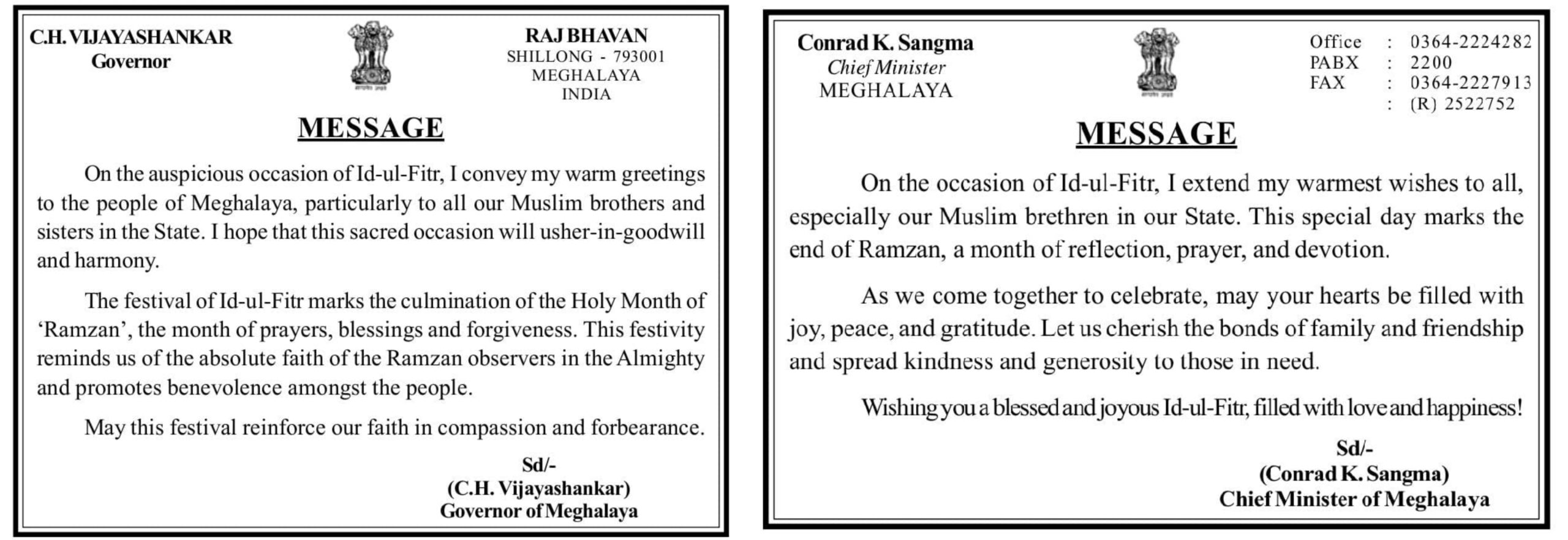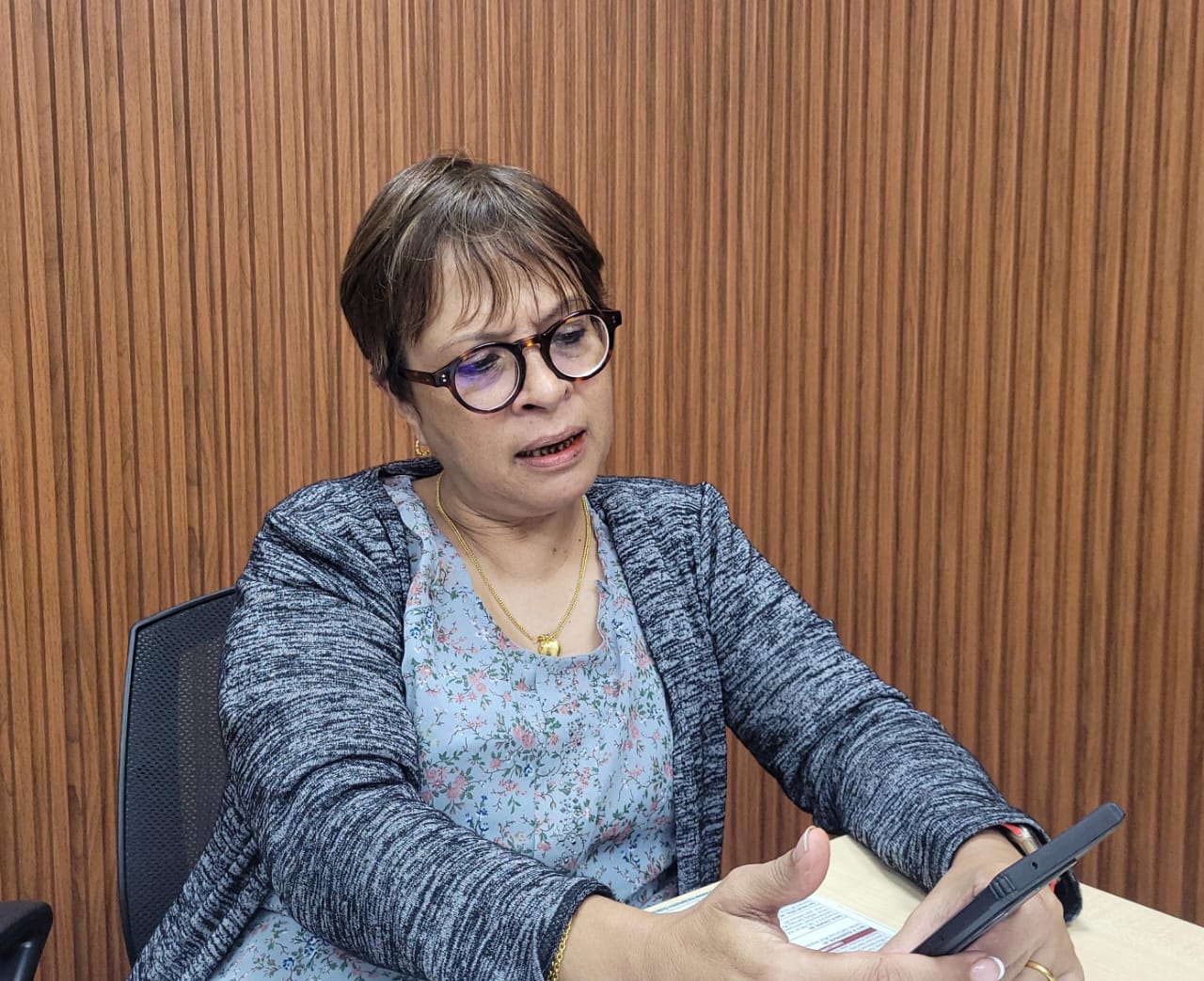SHILLONG, SEP 17: Meghalaya Health Minister Dr. Ampareen Lyngdoh has defended her recent visits to Japan and Thailand, addressing criticism about the purpose of her foreign tour. She stressed the importance of international collaboration and personal engagement in assessing opportunities for Meghalaya’s workforce, particularly in the healthcare sector.
Responding to critics, Dr. Lyngdoh stated, “If you engage productively in any activity, you learn—and that’s exactly what I’ve done. Anyone who believes my trip was wasteful is entitled to their opinion, but I don’t need validation from them. I have justified my visit, and I am confident that it was the right thing to do.”
The primary objective of her visit was to ensure that Meghalaya’s nurses working abroad are well-placed and treated fairly. Dr. Lyngdoh personally inspected several locations in Japan where nurses from the state are stationed. “We have to make sure that we are sending our young professionals to the right places. This is the first time we’re doing something like this, and it was essential for me to verify these locations myself,” she explained.
She emphasized that the demand for Meghalaya’s nurses in Japan is growing, with 10 more nurses currently being requested. “Our nurses are becoming popular in Japan. Interviews for more nurses are underway, and their work permits are simpler compared to other countries. This shows that we are on the right path,” Dr. Lyngdoh added.
The minister also addressed the need for language skill development in nursing programs, a key takeaway from her visit. “We need to incorporate language skills into our curriculum. Our nurses are requested in countries like Japan, where language is a barrier. Whether it’s Japanese, English, or other languages, language proficiency is essential for success,” she said. Dr. Lyngdoh emphasized that specialized language programs could enhance the skills of nurses and healthcare professionals, enabling them to work more effectively in international markets.
Addressing misconceptions about the roles of nurses in Japan, she clarified, “There is a misconception that our nurses are only hired for caregiving roles. In reality, they can become certified nurses after five years of service. I saw firsthand that many of them work in proper hospital settings. This is a viable career path.”
Her visit also included agricultural site inspections in Japan, where she explored potential employment opportunities in sectors like mushroom farming and drip irrigation. “It’s important to understand where we are sending our citizens. In Japan, I met workers from Nepal and Vietnam, and I believe we must assess these opportunities carefully for our people as well,” she said.
Regarding her trip to Thailand, Dr. Lyngdoh highlighted the country’s globally recognized healthcare systems, particularly in managing HIV and sex worker health programs. “Thailand has some of the best health facilities in the world. As policymakers, we must learn from such systems and apply innovative solutions in our own state,” she said.
Reiterating the purpose of her visit, she said, “This was not a paid vacation, as some might suggest. It was a productive and necessary trip. Our nurses and healthcare workers are talented, caring, and capable, but they need empowerment and proper training to compete internationally.”
Dr. Lyngdoh also met with the Ambassadors of Thailand and Japan, ensuring that Indian consulates are aware of the presence and needs of Meghalaya’s citizens working abroad. “It’s crucial that our high commissions are aware of our people overseas. In any situation, immediate action can be taken to ensure their safety and well-being,” she emphasized.
Concluding her remarks, Dr. Lyngdoh stressed the significance of international exposure for policymakers: “Building these relationships and gaining firsthand knowledge of global opportunities is essential. It allows us to prepare our workforce and ensure their future success. I believe we did the right thing by taking these steps.”


